It’s important for the medical community to be aware of ACEs as they treat patients because these experiences affect people’s mental and physical health. We met with Dr. Kate Davis at Holland Pediatrics to talk about her awareness of ACEs in the West Michigan Community, and she talked to us about how this awareness has affected how she and her coworkers do their jobs.
She learned about ACEs in 2018 at an annual physician’s event, and she instantly wanted to learn more. She believes ACEs is an important framework within the medical community because experiencing ACEs can affect a person’s long-term physical health.
“I’ve always been a big advocate for counseling, but now for even common occurrences in a family such as separation, or stress, I highly encourage parents to reach out to someone, whether it’s a loved one or a counselor.”
Dr. Davis talks to families more often about potential issues, and she has worked to support programs in the community to help children and families avoid ACEs whenever possible. The Reach Out & Read program promotes literacy, bonding, and reducing stress in the household. The Help Me Grow program connects parents with support groups and physical resources such as diapers and formula, which helps families stay healthy together. They’ve also employed a social worker full-time in their pediatrics office to help normalize counseling for a lot of teens in their practice. Teens don’t want to “go to counseling” but they will visit their doctor’s office and talk with the social worker.
But even if you have experienced trauma in your life, it’s not too late to develop resilience and work towards a healthy emotional and physical state.
“The important thing to know regarding ACEs is that these negative events aren’t guaranteed to cause issues long-term. The more we can support people through or after stressful events can really counteract the negative effects.”
Dr. Davis believes it’s important to normalize conversations surrounding trauma. 50% of adults in Ottawa County have had Adverse Childhood Experiences, and if we can talk about it, we will know we are not alone. Talking about it in a supportive environment through local programs, counseling, or family can help us work towards resilience. Studies show that even having one supportive adult in your life is often all you need to be able to move towards resilience. And in pediatrics, it’s important to talk about preventative care, not just for physical wellness, but emotional wellness, too. Armed with this knowledge, we can work towards resilience together.
